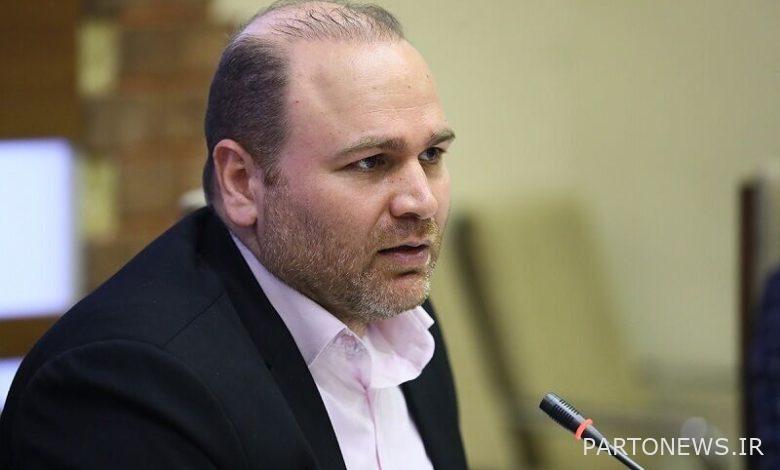Naftali Bennett’s remarks are a repetition of Netanyahu’s baseless remarks against Iran

“The recent speech of Naftali Bennett is a continuation of the previous speech of Benjamin Netanyahu, the former Prime Minister of the Zionist regime,” Hussein Ajrlou told IRNA, referring to the recent remarks of the Israeli Prime Minister at the UN General Assembly. Is. They are trying to define the Islamic Republic with the keywords threat.
The Middle East expert continued: “In previous literature, Zionist regime officials considered groups affiliated with Iran to be a threat to the regime, but in a recent speech, Bennett mentioned Shiite groups that could include Lebanon’s Hezbollah and Iraq’s popular mobilization.” And “Ansarullah” is Yemen. Bennett’s action can be presented in two analyzes, that he is more focused on Iran than Netanyahu, and by focusing on Shiite groups, he claims that the ideological trend in line with Iran is the cause of insecurity in the region.
Ajrlou pointed out: After reducing the threats of the Takfiris, the leaders of the Zionist regime are trying to use these keywords to eliminate the mentality that has formed the ratio of the axis of resistance against the Takfiris in the world and to redefine the axis of resistance like Takfiri groups. Israelis do not get public attention.
He added: “In recent months, with the rise of the Taliban in Afghanistan, the issue of al-Qaeda in the United States has become increasingly important. Which supports extremist groups.
Referring to Bennett’s remarks about the end of Israel’s patience threshold, the Middle East expert said: “This is the same baseless literature and repetition of Netanyahu’s words against Iran that do not matter to the Islamic Republic.”
“The ideological burden of Judaism in Bennett’s speech showed that in the future we will see a ‘right-wing’ Israel, and this thinking will prevail in Israel, and the burden of ideological confrontation in the region will increase,” Ajrlou said. will be.
“The former Israeli prime minister defined Iran as a factor of instability in the region and claimed that the Islamic Republic was acquiring a nuclear weapon,” Ajrlou said. In Bennett’s recent speech, we also see that this policy is followed.
He continued: “The Prime Minister of the Zionist regime seeks to build a consensus against the Islamic Republic in the nuclear issue, but Iran has been able to manage this plan to some extent through the Borjam talks.”
The expert on regional issues said: “The Zionist regime has not succeeded in building a consensus against the Islamic Republic with all its efforts and diplomatic consultations in the past few years, and it has many differences in this regard with the United States, Europe and Russia.” Prevent this consensus in a timely manner.
Ajrlou called Naftali Bennett’s recent remarks at the UN General Assembly a repetition of the baseless claims of the Zionist regime leaders and said: “The message of the regime leaders is more a message to the West, especially the United States, than to Iran.” Because, as he said, he disagrees with the United States over Iran and in discussing the dispute with the West, he sends the message that if the tolerance threshold of Israel ends, he will take military action without considering the interests of the United States, although the Islamic Republic is ready to confront It has threats and these issues are not new for the Islamic Republic.
The expert on regional issues noted: “Given that the Middle East is not the main priority of US foreign policy, the leaders of the Zionist regime are in a state of confusion and are trying to disrupt regional security and Iranophobic slogans as an excuse for continued US presence in the region.” Given the progress of the nuclear talks and the prospect of easing sanctions, the United States is likely to leave the region.
“Americans are leaving the region for two reasons; First, the strategic value of the Middle East has diminished for them, and second, the Eastern bloc is seen as a strategic strategy for the United States to counter China.
He continued: “In the discussion of the US military withdrawal from the Middle East, one of the actors that suffers the most is the Zionist regime, because it is the only actor in the Middle East that has serious and strategic challenges with all the main actors.”
The Middle East expert added: “The Zionist regime is in dire need of a foreign player in the region and wants to justify the American military presence in the region by securing the region and creating tension.” Following the policy of Iranophobia, the leaders of this regime are trying to make every effort to maintain the US military presence in the Middle East, which is unlikely to succeed.
.

